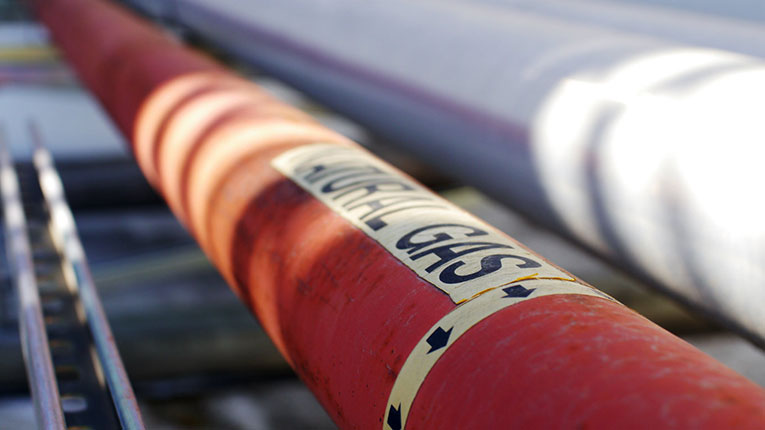Network operators have called for investments in liquefied natural gas (LNG) infrastructure in order to prevent supply shortages as gas flows from Russia hit record lows ahead of a scheduled ten-day maintenance of the Nord Stream 1 pipeline.
Gas flows from Russia have been steadily decreasing over the past months, declining to 31% of EU imports in April this year, down from 45% at the same period last year.
The EU aims to have its gas stores 80% full by November, and many countries are now counting on rising LNG imports from the US and Qatar to fill the gap.
But increasing imports also requires investment in new LNG infrastructure, which risks being left stranded as Europe moves to decarbonise its economy and reduce its reliance on fossil fuels.
“Frankly speaking, the cost of stranded assets is probably quite small compared to the cost of being cut off in the middle of winter,” argued Alex Barnes, a visiting fellow at the Oxford Institute for Energy Studies who spoke at a recent Euractiv event.
Others say the gas crisis should be seen as a turning point in how infrastructure costs are considered. “Infrastructure that made security sense but did not make business sense was not built,” remarked Tomáš Prouza, special envoy of the Czech ministry for trade and industry.
“We need to change, and we need to invest into security. That is something I think we finally understand,” added Prouza, whose country currently holds the EU’s six-month rotating Council presidency.
Those calls were echoed in Berlin as well.
Yasmin Fahimi, the freshly elected head of Germany’s leading trade union DGB, had warned of a “serious emergency” on Sunday (3 July).
“Because of the gas shortages, entire branches of industry are threatened with permanent collapse: Aluminium, glass, the chemical industry. Such a collapse would have massive consequences for the entire economy and jobs in Germany,” she told the daily Bild.
A full cut in Russian supply to Germany in August would see a demand destruction of 20 to 25 billion cubic meters (bcm) of gas, which represents 27% of the country’s consumption in August 2021, analysts told Bloomberg.
Over the past months, the German government has spent billions to acquire floating LNG terminals ahead of the winter season, and passed emergency laws to speed up construction of new gas import infrastructure. Without LNG imports, Germany is guaranteed to enter a gas shortage in the coming winter, according to projections by the federal network agency.
